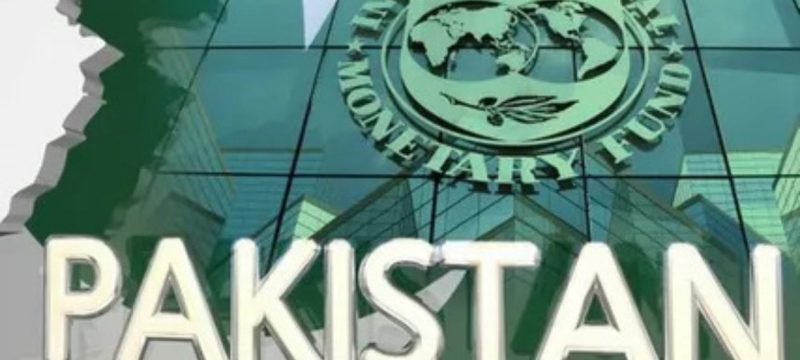Pakistan expresses reservations over the IMF’s corruption report, highlighting that the findings may not reflect the complete economic and governance picture of the country. Officials argued that the report, while focusing on transparency and accountability, overlooks Pakistan’s recent efforts to introduce reforms.
According to government representatives, the IMF’s corruption report risks creating an imbalanced narrative. They stressed that Pakistan has made measurable progress in digital governance, tax collection, and public accountability. The reservations come at a time when the country remains heavily dependent on international lenders for financial stability.
Pakistan expresses reservations over the IMF’s corruption report
The government’s response underscores the delicate relationship between Pakistan and international financial institutions. The IMF and the Asian Development Bank (ADB) are often relied upon for assistance packages, but their strict conditions and critical assessments sometimes fuel tensions.
Key points raised by officials include:
- The IMF corruption report does not fully recognize Pakistan’s anti-corruption reforms.
- Steps such as digital tax records and e-governance systems have improved transparency.
- Pakistan has enhanced collaboration with watchdog bodies to reduce the misuse of funds.
- Officials say broad-brush labeling can undermine confidence in ongoing reforms.
The issue has also been linked with broader debates on disaster insurance and financial resilience. Analysts note that reliance on institutions such as the IMF and ADB is growing, as reflected in discussions about the IMF and ADB as disaster insurance in Pakistan.
Experts believe that Pakistan’s reservations stem from concerns that such reports could influence foreign investment and global perception. If corruption risks are overstated, it may discourage investors despite reforms taking place on the ground.
Meanwhile, civil society groups argue that while Pakistan’s reforms are notable, independent monitoring is still essential. They emphasize that acknowledging improvements should go hand in hand with addressing systemic weaknesses.
The debate around the IMF’s corruption report reflects a larger struggle between international oversight and national priorities. For Pakistan, ensuring financial support while maintaining a balanced reputation remains a critical challenge.







